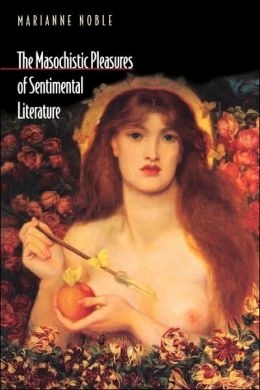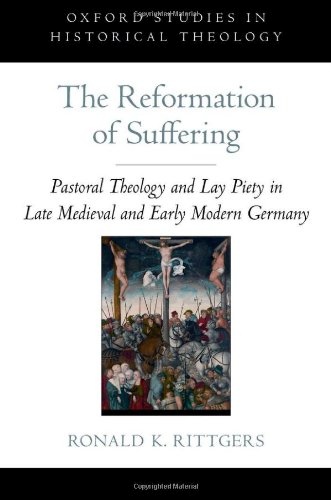
This is another book that lies outside the geographical and temporal scope of Pain, Pleasure and Perversity, but is nevertheless of interest in the context of the genealogy of masochism (which is, I suppose, the central underlying theme of my own work). Noble emphasizes the ‘double-edged sword’ of eroticized domination as a weapon of ‘both oppression and empowerment’ (as the cover blurb has it). She also – like myself – goes for closely-read textual analysis, laying bare what is really going on under the surface of the texts she discusses. At the very least this book will give you an angle on Uncle Tom’s Cabin you probably never thought of! There’s a good review here.






